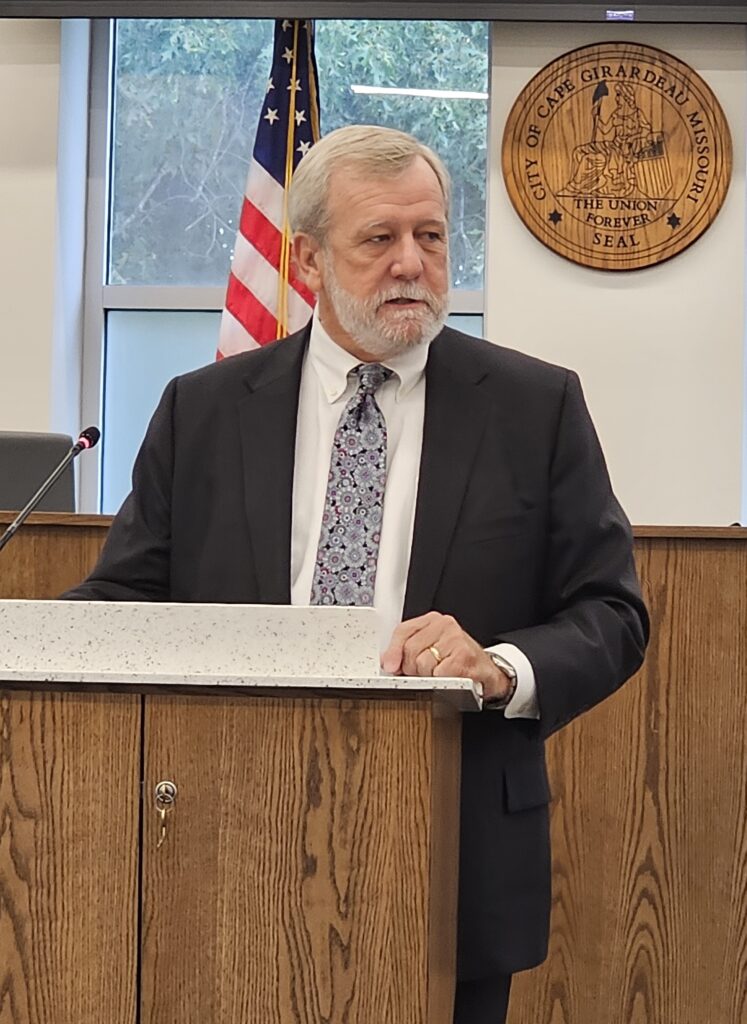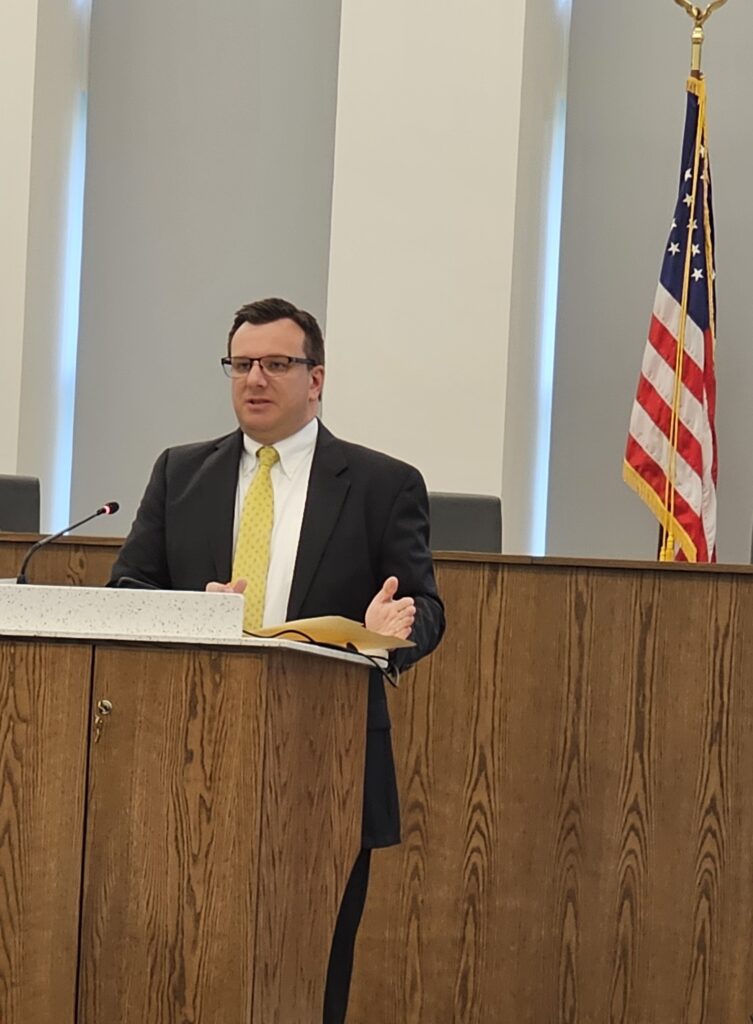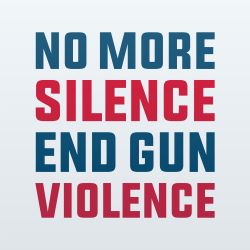At two recent Gun Violence Task Force meetings held in Cape Girardeau’s City Hall, key figures from the judicial and prosecutorial branches shed light on the complex issues surrounding gun-related crimes and the obstacles faced in both incarceration and prosecution.

Judicial Perspective: Capacity and Complexity
On August 15, Missouri 32nd District Circuit Judge Benjamin Lewis addressed the Task Force, offering an in-depth look at the state’s court system, particularly concerning the challenges of managing gun crimes amid limited prison capacity. Judge Lewis responded to the common public sentiment of simply “locking them all up” by explaining the harsh reality: Missouri’s prison system is already at full capacity, with 30,992 beds available for felons. Incarcerating a new inmate often necessitates the release of another, forcing the state to consider alternatives like probation, suspended sentences, and treatment programs.
The judge also highlighted the rising costs of incarceration, now estimated at $40,000 per inmate annually, a significant jump from a decade ago. Lewis expressed strong opposition to mass incarceration, calling it “deeply offensive” and emphasized that individuals in prison have been thoroughly vetted through the legal system.
Lewis categorized gun crime offenders into four main groups based on his experiences: impulsive street crime offenders, mature criminals involved in planned activities like drug deals or robberies, older individuals who use legally owned firearms in domestic violence incidents, and psychotics or psychopaths who commit severe crimes unexpectedly. He underscored the need for removing illegal firearms from the streets and changing the mindset of at-risk youth, noting a troubling decline in expressions of remorse from offenders over the past 30 years.

Prosecutorial Perspective: The Challenges of Prosecution
On August 22, Cape Girardeau County Prosecuting Attorney Mark Welker provided the Task Force with insights into the prosecutorial process, particularly the difficulties encountered in gun-related cases.
Welker emphasized the critical role of witness testimony in securing convictions, explaining that without cooperative witnesses or victims, many cases cannot proceed—even with physical evidence like shell casings. This reliance on subpoenas creates a significant hurdle when witnesses are uncooperative or fearful.
During the meeting, Mayor Stacy Kinder raised concerns about prosecuting cases involving gunfire, particularly when police recover shell casings but lack witness testimony. Welker clarified that without witnesses or identifiable evidence linking the suspect to the crime, his office cannot pursue charges based solely on physical evidence.
Victim protection was another key topic, with committee member Laura Bain-Selbo questioning the measures in place.
Welker acknowledged the limited protections available but assured the Task Force that his office works to keep victims informed if a perpetrator is released, with victim advocates providing ongoing support throughout the legal process. In response to concerns about domestic abuse cases involving firearms,
Welker stressed the importance of victims coming forward and being aware of available resources, such as the Safe House of Southeast Missouri, despite the fear that often prevents them from seeking help.
The Gun Violence Task Force, composed of community leaders, legal professionals, and social advocates, will continue to address these issues, with the next meeting scheduled for September 19.
The discussions from these meetings underscore the multifaceted challenges in addressing gun violence, from the limitations of incarceration to the complexities of prosecution, highlighting the need for comprehensive strategies that go beyond simple solutions.































